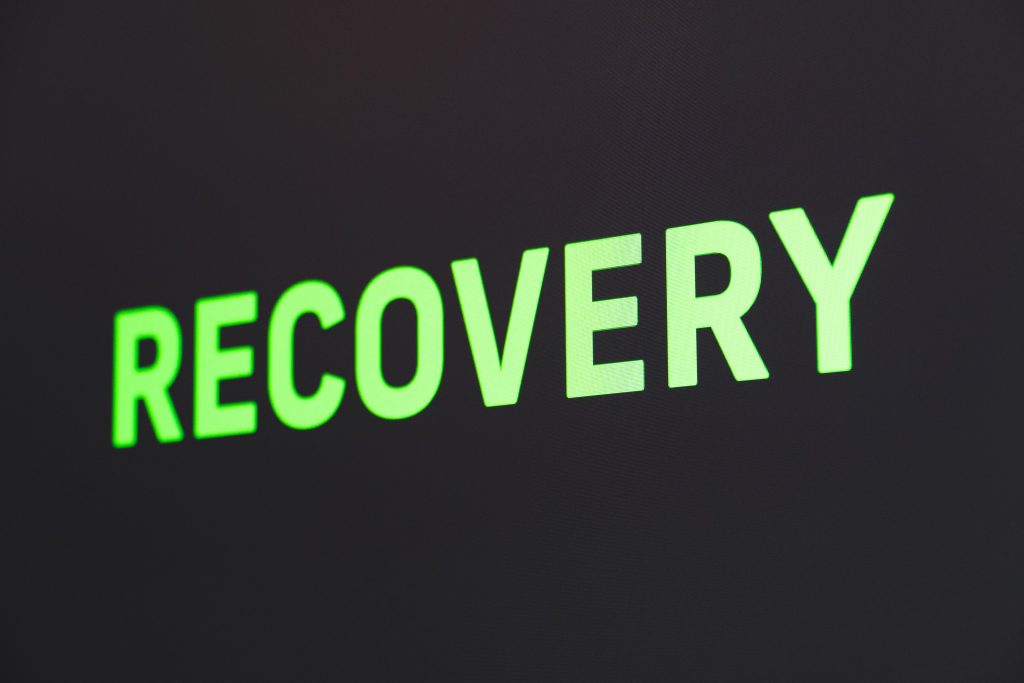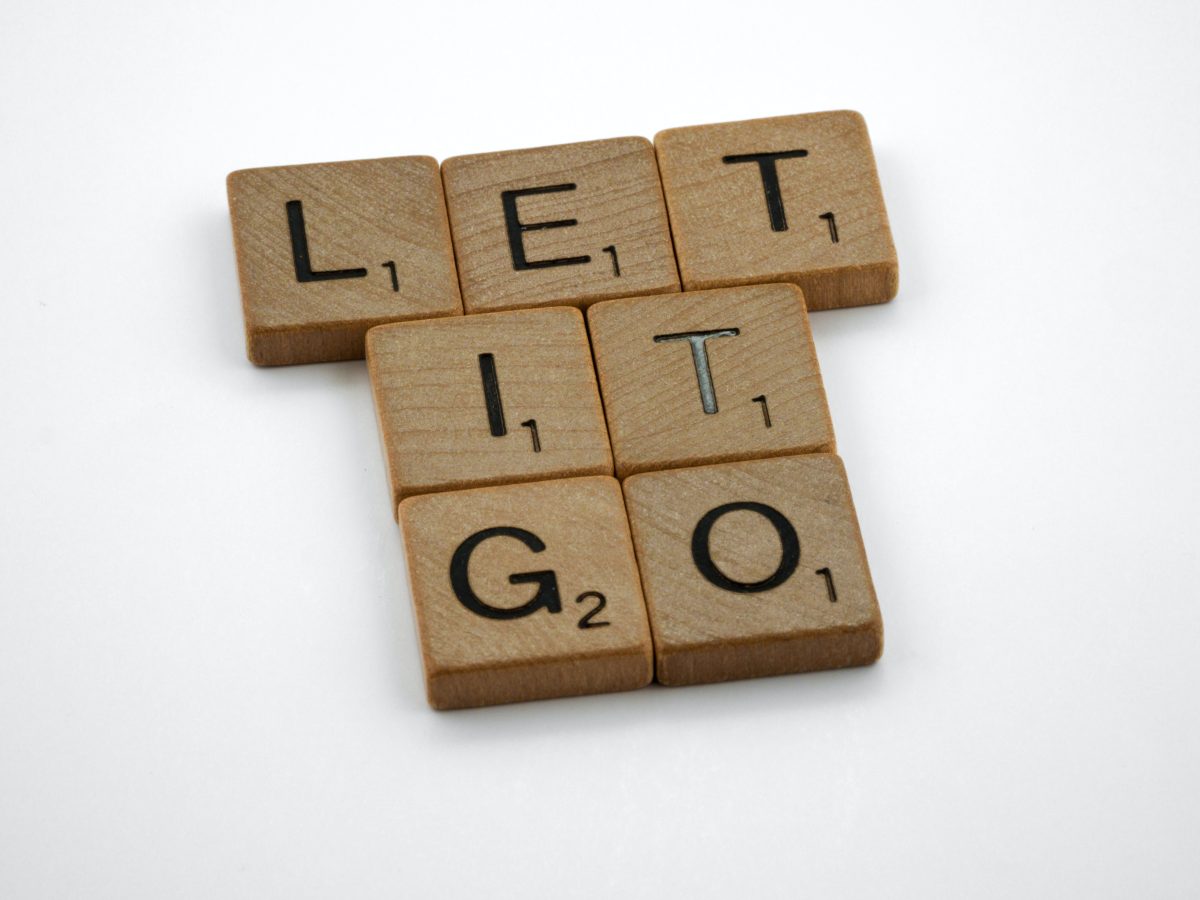Surrendering in addiction recovery
A wealth of wisdom and experience lies behind the simple Alcoholics Slogan (AA) – “let go.” The following story illustrates how we hinder our spiritual progress when we refuse to let go.
One day two monks were walking through the woods on their way to help gather the autumn harvest in the next village. They met an older woman from their village sitting upon the bank as they approached a small stream. The first monk asked her, “Grete, what are you doing, sitting here wringing your hands? I thought you were supposed to be at your son’s house just after dawn today to help with the apple pressing.”
Grete answered, “I am afraid to cross the stream, even though I know it is but a trifle, a small splash of water. I suppose I am a foolish old woman. So I have been sitting here these last hours, wringing my hands and wondering what to do.”
The first monk said to her, “We will carry you across this small stream.” The two monks joined their hands to fashion a seat and carried her safely across the water. Then the monks continued on their way.
One kilometre later, the second monk said to the first, “My frock is wet and soiled because of that foolish old woman. And my back still hurts from the strain of carrying her.” The first monk just smiled and said nothing.
Three kilometres later, the second monk said, “My back is still sore and aching. I know I shall have trouble helping with the harvest today.” Again, the first monk smiled and said nothing.
Five kilometres later, the second monk complained, “I am sure now that you will have to go ahead without me. My back aches so much because of the foolish old woman that I cannot travel any farther.”
The first monk turned to the second monk and said, “Your back aches because you are still carrying her. I let go five kilometres ago when I put her down on the other side of the stream.”

Fighting the Program
At some point in our recovery, we all experience the struggle of letting go. Like the second monk, we cling to old habits, thinking, or resentments that make our progress forward tricky or even impossible. When we encounter impasses in our recovery, we summon our old stubbornness and pride and hopelessly thrash about like fist scooped up by the fishermen’s nets. We continue struggling, thinking we must fight alone. We call this “fighting the program.”
Fighting the program means living from a “me” instead of a “we” perspective. While we were practising addicts or alcoholics, we felt we carried the problems of the whole world on our shoulders, and we could never put away our worries, even for a moment. Instead, we lay awake at night scheming about manipulating people and situations or worrying about potential catastrophes.
Old habits die slowly. After achieving some abstinence, we are often surprised that much of our trouble remains. We can no longer escape to the magic freedom of the bottle, pills, food, or sex where all our problems seem to disappear. We experience many old feelings of shame and remorse over past binges and regrets about failed relationships. These feelings haunt us with an intensity we hadn’t known while we were numbed by addiction.
When confronted with unpleasant feelings and the necessity to change, we may fall back on our deepest instinct – we fight. We clench our teeth and determine through sheer willpower to get ourselves out of this mess. But like a car spinning its tyres in the snow, our struggle only makes the situation worse.
Whether the problem is quitting smoking, quitting sugar, or moving on after a relationship ends, we cannot change as long we struggle. Fighting the program means clinging to old ways despite ourselves, even when we want to change.
Why do we do this? Change is frightening. The past may have been miserable, but at least it was familiar. We became comfortable with old habits and thought patterns that keep us from growing. Letting go of them can be as painful and challenging as giving up our addictions or compulsions.
Our negative thoughts can snowball and, at times, consume us. Negative thinking separates us from a sense of belonging, suffocates our hope and prevents us from gaining true freedom and happiness. Negativity has been a part of our lives for so many years. We cannot let go easily. We need a great deal of practice to develop positive views.
If we pause in the midst of our struggles and worries, we can give ourselves time to let a new realization sink in: we don’t have to fight anymore. We have another choice: we can surrender. Rather than manipulating situations, we can relinquish control. A surrender is essentially an act of trust. We can begin by trusting our sponsor or therapist.
When we let go, we can trust events to unfold on their own. Trust gives us a sense of acceptance, and through acceptance, we find serenity.
Paradoxically, surrender is not the same as giving up. We didn’t give up when we first came to the recovery program. We surrendered to our illness. Instead of trying to control, we asked for help. Surrender means exchanging “me for “we”.
Surrender means letting go.

Freephone: 0800 140 4044
Local rate: 0300 330 3040



